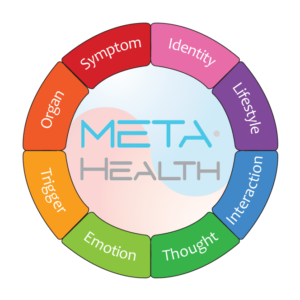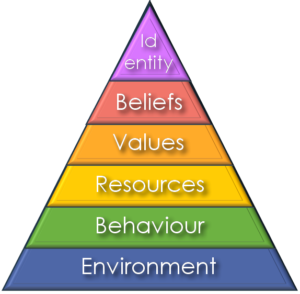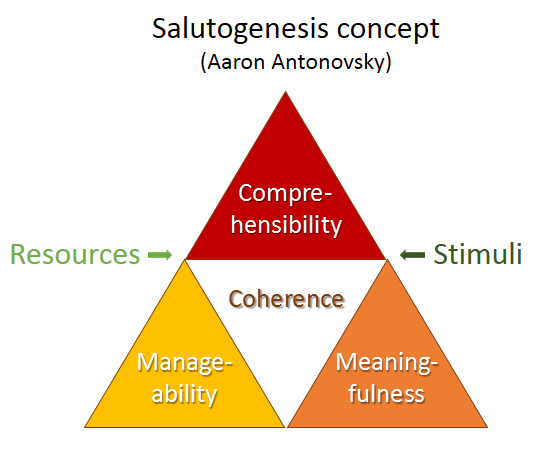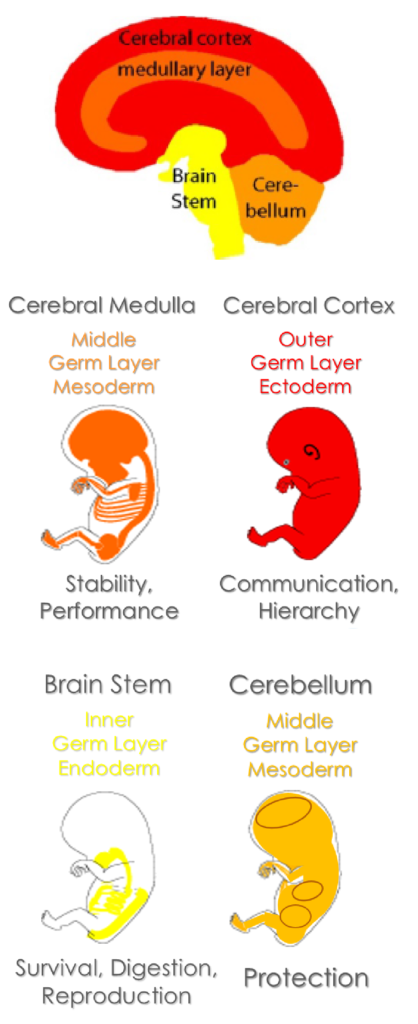The META-Health model
META-Health is a systematic, open-minded and constructive approach to understanding mental and physical health and disease and to foster resilience. It aims to establish generic, bio-logical principles of functioning in organisms, as well as adaptations and translations in different groups and societies.
Its methodology consists of:

META-Analytics: collecting information relevant for assessing the background and development of sensitivities and non-resilient states in individuals and in ecosystems.
META-Awareness: consequences of understanding and analytics on the level of (self-)responsibility, acceptance and potential.
META-Coaching: helping other persons towards META-Awareness, self-regulation, healing and resilience
META-Therapy: use of effective methods based on META-Analytics for
- Emotional processing of trauma and significant experiences
- Cognitive processing and transformation of stress (reframing)
- Pain management and release
- Self-regulation
- Orientation towards health and resilience (vision, confidence)
- Motivation and perseverance
- Support of sustainability of aim and results on physical, mental and social systemic levels
Effective methods use navigation of cerebral and neurological functions and states, energy distribution and modulation of hormones, by conscious and unconscious means.
META-Health Sources & References
Integrative psychology, biology, psychosomatics, neuro-immunology, philosophy
- Traditional Chinese Medicine (connection between mood, environment and organ affections)
- Ayurveda (connection between mood, environment and organ affections)
- Samuel Hahnemann 1796 (homeopathy, constitutional remedies based on body-mind characteristics)
- Sigmund Freud 1885 (psychoanalysis, hypnosis)
- Dr William James 1890 (principles of psychology, psychosomatics)
- Rudolf Steiner 1900 (antroposophy, systemic perspective, spirituality)
- Ivan Petrovich Pavlov 1904 (behavioural psychology, conditioned reflex, stress model)
- William R. Fitzgerald M.D. 1913 (reflexology, expression of organ affections in other locations)
- Dr. Tohru Ishigami 1919 (stress-immune system interaction, social aspect)
- Hans Hugo Bruno Selye 1930 (general stress/adaptation syndrome)
- Carl Gustav Jung 1930 (sexuality, life energy, psychotherapy)
- Hans-Heinrich Reckeweg 1940 (homotoxicology, biological medicine)
- Norbert Wiener 1948 (cybernetics, systemic approach)
- Thure von Uexküll 1950 (psychosomatic medicine, integrative medicine)
- Dr Milton Erickson 1960 (clinical & conversational hypnosis)
- Aaron T Beck 1960 (cognitive reframing, behavioural therapy)
- A D Jonas 1970 (idiolectic psychotherapy, paleoanthropological basis)
- Richard Bandler, Dr John Grinder 1970 (Neuro-Linguistic Programming)
- Aaron Antonovsky 1970 (Salutogenesis, coherence)
- George Goodheart 1975 (Applied kinesiology, connection of muscle function and other health affections)
- Jimmie Coker Holland MD 1977 (psycho-oncology)
- Dr Ryke Geerd Hamer 1980 (root cause psycho-oncology, brain relay diagnostic)
- Robert Dilts 1980 (neuro-logical levels)
- Roger Callahan PhD, Fred Gallo PhD, Gary Craig et al since 1980 (energy psychology, tapping)
- Dr Deepak Chopra 1985 (mind-body medicine, quantum healing)
- Dr. Harald Blomberg 1991 (brain layers, evolutionary neurodevelopment)
- Dr David Mindell et al since 1992 (holobiont concept)
- Dr Dietrich Klinghardt 1996 (psycho-kinesiology, neurobiology)
- Dr Jeffrey Bland 1991 (functional medicine)
- Tomio Nada 1997 (brain & immune system as supersystem)
- Dr Andrew Weil 2000 (spontaneous healing, integrative medicine)
- Eckhart Tolle 2005 (Awareness, Power of Now)
- Prof Stephen Porges 2007 (Autonomic responses, Polyvagal Theory)
- Dr Dean Ornish 2008 (Lifestyle medicine, prevention)
- Dr Bruce Lipton 2009 (Epigenetics)



This list is by no means complete, but gives an overview over models, findings and practices that inspired or influenced META-Health comprehensive understanding of health and of disease patterns.
A good start to experience and understand the META-Health principles, is my META-Health-Symptom Analysis.
Interested in contemporary science and events concerning META-Health?
The Facebook-group META-Health Psychology offers you information and is a forum for discussion!
Visit the official website of the International Meta-Medicine Association and it´s News blog.
Contact
Global Community

MHI - Infos about META-Health and the international non-profit organization
As MHI member you get access to our Portal with interaction and our META-Wiki, the comprehensive developing knowledge-base.



